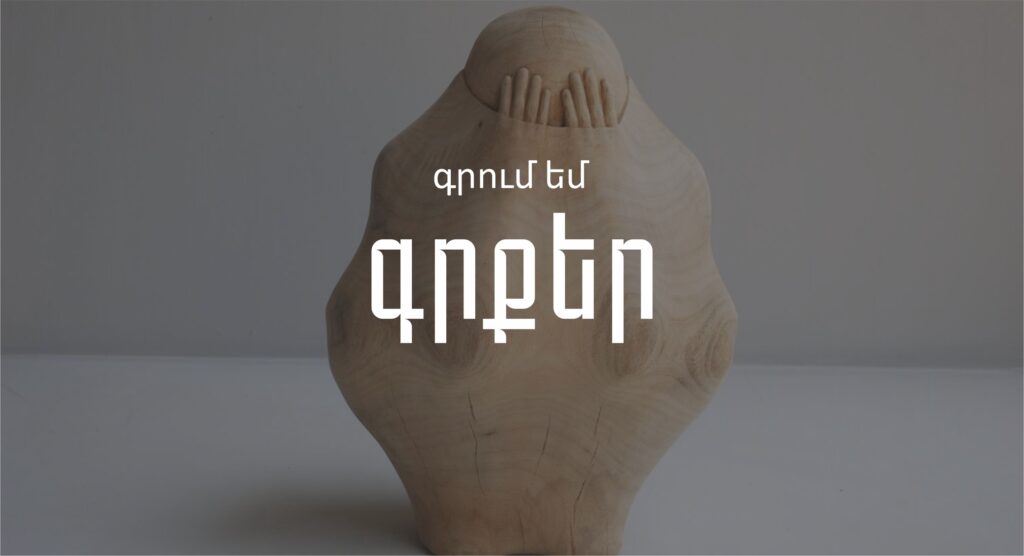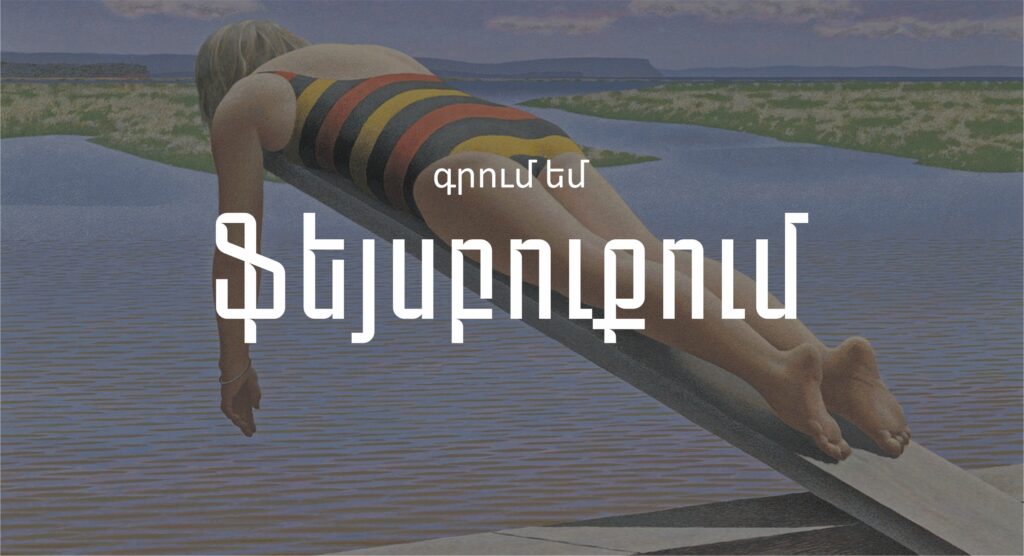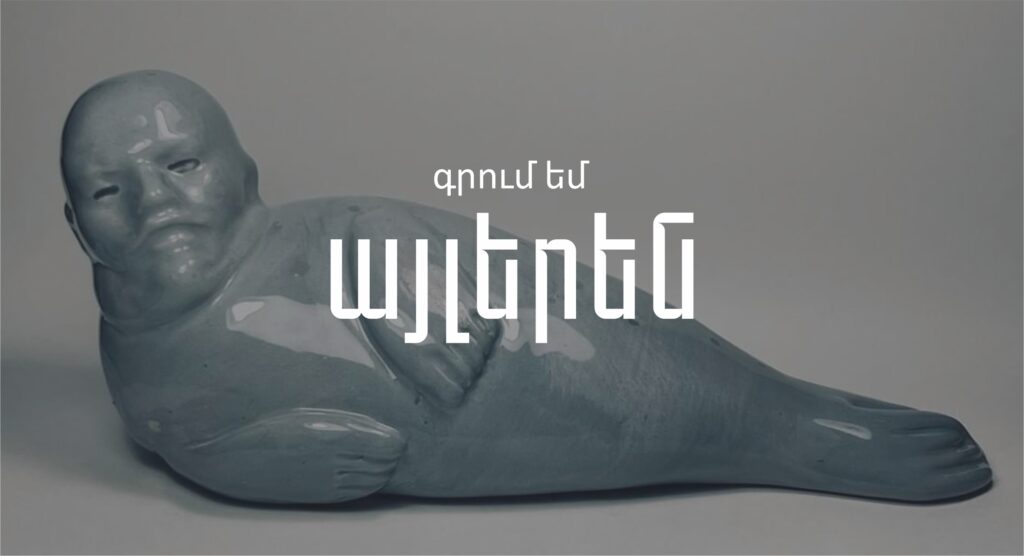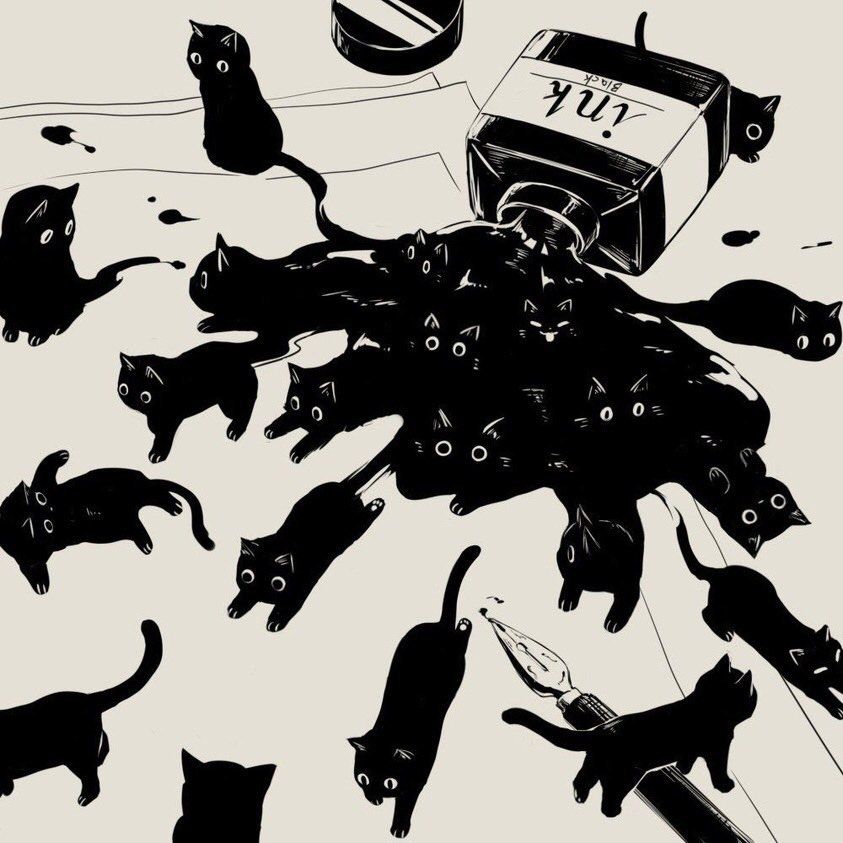By Karen Antashyan
I started presenting myself as a poet in public long before I began to doubt whether what I was writing was poetry at all. This happened at a gathering of young writers at the Writers’ Union guesthouse in Tsaghkadzor, on a splendid spring day. We were all eager to read our wise and sorrowful poems about the tragic and hypersensitive aspects of life and the lonely path of the suffering poet, so we could then head down to the hotel restaurant to gossip, drink beer, and dance. That day, I realized we weren’t reading poetry but something we had collectively agreed to call poetry.
There is a good expression in Armenian, “finding a language,” which simply means “to understand.” Since that doubt-filled day, my primary creative challenge has been to find the language of my time. A language that reflects the reality of the place where I live and present myself as a poet. A language that neither seeks to flatter nor resist any particular group. A language that tells the whole story without trying to select only pleasing words and proper dialects. A language that does not aspire to be definitively serious or merely entertainingly frivolous. A language that attempts to sell you nothing except the joy of locating your own existence through its presence.
It took many failed attempts to realize that, as a text-producing subject, I should not serve the entangled dance of truth and falsehood, good and evil, joy and sadness, love and hatred, darkness and light. Instead, I must address the primary challenges of my time: boredom and uncertainty. What could someone who is bored of everything, including their own existence, call authentic poetry? How can one become a compassionate hand guiding an individual towards themselves in the uncertain, as-yet-unnamed times ahead without promising anything? This, I believe, is what literature has always been and must continue to be.





